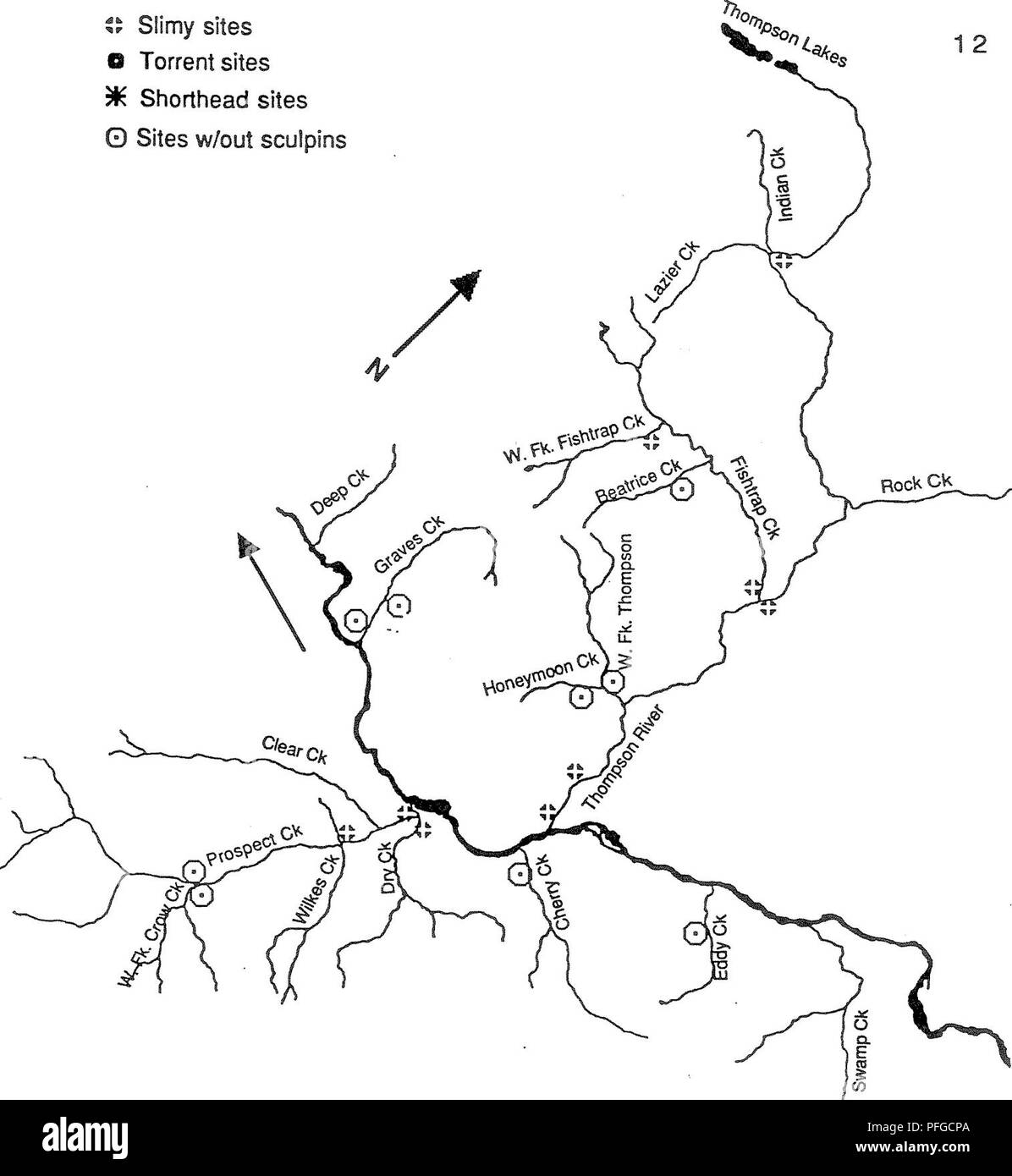

There are some who prefer the term "Native People." One of the positive attributes of this term is that the word American is not used. I have only encountered three people who prefer the term Native American. Of the thousands of "native people" I have contacted, the majority prefer the term American Indian. Then most people prefer being described by their tribal affiliation, for me it is Cherokee. Most people prefer to be called by their birth name, i.e. I also use the term Indian to describe myself.

Many of the descendents of the indigenous people of this country used that term. I grew up thinking of myself as an American Indian. Being a native or being naturalized is a part of one's identity there. Is the person talking about the indigenous people, or anyone who was born in the Americas. Are they from India or are they from the indigenous people of this continent? I consider the phrase native American, especially when spoken, much more confusing. To me, a very small percentage of people might be confused as to a person's ethnicity if they are referred to as an American Indian.

By this standard, Indian Americans would be people whose ancestors were (are) from India For example, there are Irish Americans, African Americans, Chinese Americans, etc. In the United States, were have developed the habit of naming ethnic groups by adding their origins before the term American. Yes, people born in Brazil with the last name of Schultz are "native Americans." This is because of the existing phrase "native American." Anyone born in the Americas, both North and South America, is a "native American" (lower case n on purpose). I find the term "Native American" inappropriate.

I do not know who first coined the term, but Native American came into more frequent use. An effort was made to find a more appropriate phrase. The politically correct thought this term was inappropriate, mostly for the reason above. This was used to distinguish us from the people of India. Thus the term "American Indian" was born. The indigenous inhabitants of the Americas are not from India. I do not know which story is correct, or if both might be. This phrase evolved into Indios in the Spanish-speaking world, and Indians among English-speakers. When Columbus arrived in the New World, he saw what he called "En Dios," or the children of god. Columbus was looking for the spice islands of the country Hindustan, as India was called by the Europeans at that time. There is one smaller group of scholars who believe this story is in error. Had they been fair skinned, they might have been considered Chinese. When he found dark skinned inhabitants on the islands of the Caribbean, he assumed they were people of India. The story goes that Columbus was looking for the spice islands of India. Globally, it was originally used to describe the people of India. No one thought Indian was a derogatory word. The reason this word came into being was concern over the use of the word Indian. The stated purpose of the term "Native American" was to describe the original inhabitants of this continent, and their descendents. You pose a simple, but difficult, question. They also wanted to know how they could explain this difference to young students. Someone recently asked me about the differences between the terms “American Indian” and “Native American,” and my preference among the terms. Tribal Names and the Lewis and Clark Corps of Discovery


 0 kommentar(er)
0 kommentar(er)
